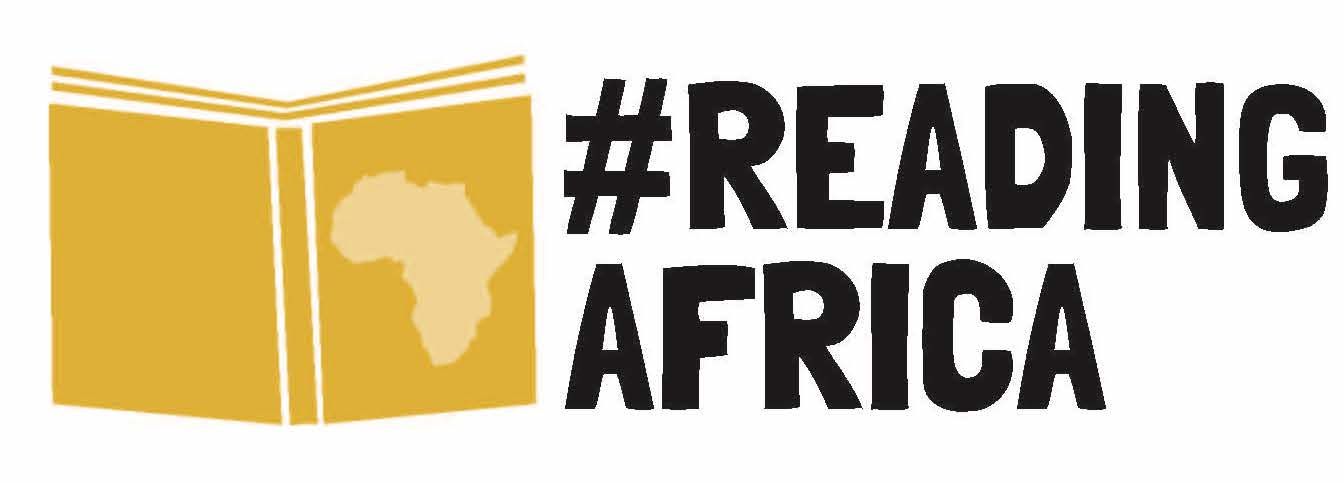Although there was a great response, Catalyst’s Ashawnta Jackson said: “We’d love an even bigger showing this year, and even more focus on works in translation.” What does it mean to #ReadAfrica? Jackson says: African literature isn’t a genre. It’s fiction, non-fiction, comics, and poetry. It can be a thriller, a mystery, a comedy, a kid’s book, a romance novel. It can be, and is, all of those things, and we wanted to shout about it. That’s why we launched our #ReadingAfrica campaign. She helped brainstorm 5 ways to participate:
1) Go back to the classics!
Tweet, blog, or use other social media to share the works of your favorite classic African authors. What’s a classic? That’s up to you. It could mean work by 14th-century Moroccan travel writer Ibn Battuta or 17th-century Egyptian author Yusuf al-Shirbini. It could mean early 19th century Lesothan novelist Thomas Mofolo, or Senegalese author Mariama Bâ’s 1979 novel, So Long a Letter.
2) Share your favorite newer/forthcoming releases from the continent.
Nigerian-American YA author Tomi Adeyemi has a new Orisha book coming in 2019. Egyptian novelist Sonallah Ibrahim’s Ice is coming next year in Margaret Litvin’s translation. The poetry collection The Carless Seamstress by Botswanan novelist Tjawanga Dema is forthcoming from the University of Nebraska Press. What else? There are many more to discover.
3) Highlight publishers.
Focus on publishers who are doing great work publishing African authors. University of Nebraska Press, Jacaranda, Lantana, Catalyst Press, and more.
4) Make your own challenge.
How can you challenge yourself to discover more authors from across the African continent?
5) Discover a new lit mag.
If you haven’t checked out the Johannesburg Review of Books, you certainly should. The Chimurenga Chronic is always doing something new and exciting. And the magazine I work with, ArabLit Quarterly, also focuses in part on North African literature. There are many more.

